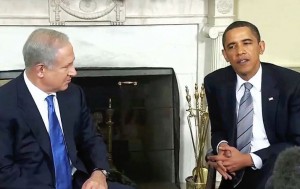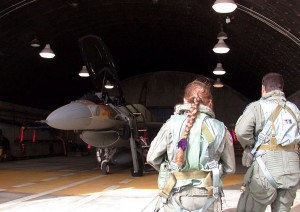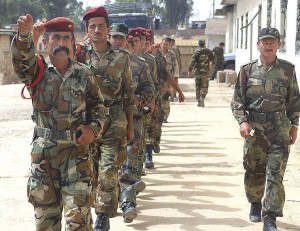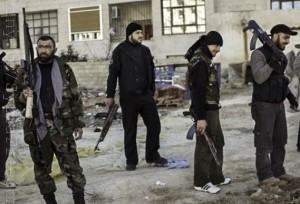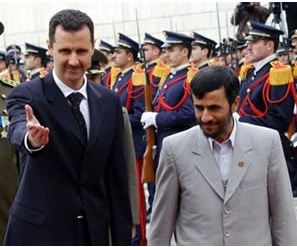
Decades of proxy wars with Iran, attacks, genocidal rhetoric and Tehran’s dangerous obsession with the “Zionist entity”, highlight that the primary perceived threat to Israel stems not from a nuclear device, but from the Islamic regime and the revolutionary ideology behind it. Therefore, as long as the Iranian state remains committed to Israel’s destruction, Israelis will feel continually threatened and the conflict between Iran and Israel will persist – with or without a nuclear bomb.
State-sanctioned anti-Israeli and anti-Jewish ideology has been a staple of the Islamic regime since its founding in 1979. Thus, Iranian President Mahmoud Ahmadinejad’s most recent calls for Israel’s destruction and more importantly Ayatollah Khameini’s prediction of it are not new developments. But for Israelis, such threats are not easy to dismiss, despite Iran’s ability or inability to make good on them. Israel’s critics often respond to its concerns over Iran with allegations of warmongering, citing lack of clear intelligence. But for better or for worse, the collective history of Israel’s Jewish population and their peculiar situation in the volatile Middle East, underline why Israel takes Iran’s threats seriously and even considers acting against it in the first place.
In line with the “Begin Doctrine”, Israel has proven throughout its history that it is willing to undertake daring operations far beyond its borders, even against opposition from its closest ally – the US. In 1981, Israel attacked Iraq’s nuclear reactor in Osirak, while destroying Syria’s reactor in 2007. Both times, Washington was either not involved or adamantly against any unilateral Israeli attack. At present, Israelis are highly divided on how to act against Iran, but they do not disagree that Iran is a dangerous and determined enemy and one that must be curtailed. Israel does have options. It is just a question of what should be done, when, or how.
Continue reading Strategic Analysis: Israel eyes the Islamic Republic
